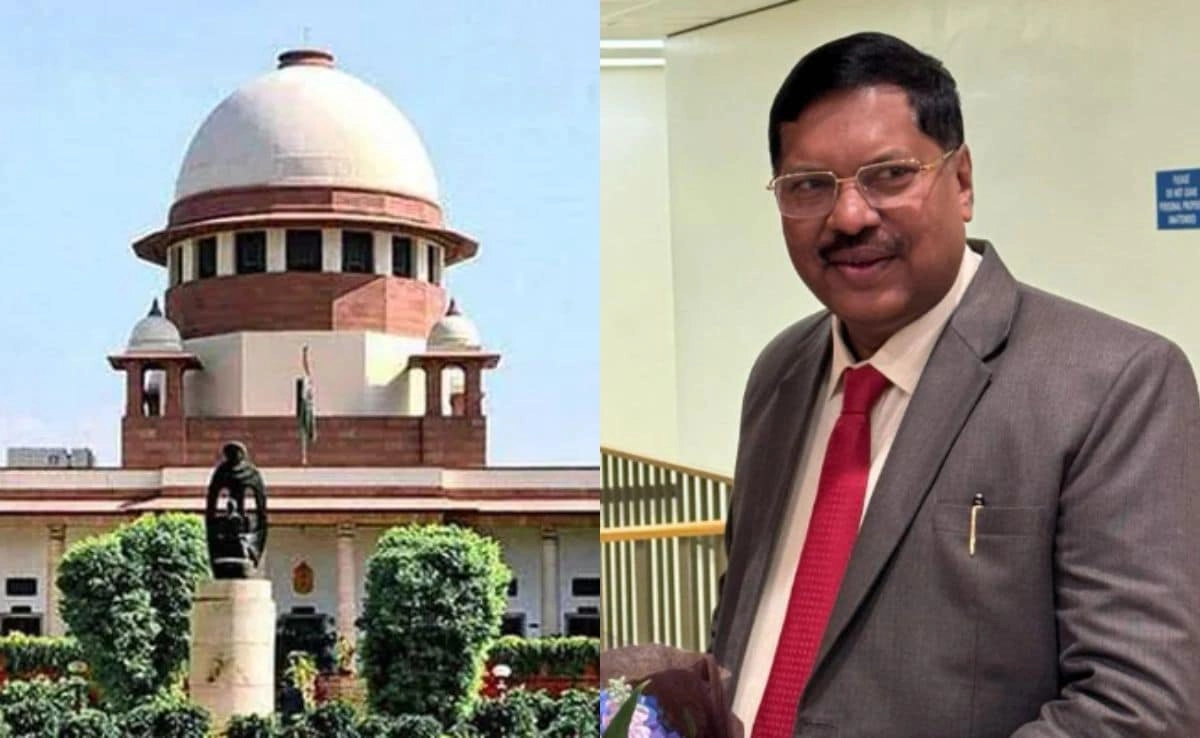A recent incident involving a government officer’s invitation for a puja ceremony has sparked widespread discussion on social media, raising questions about the nature of authority and community engagement. The officer, tasked with public service, circulated an invite for a religious ceremony, which many interpreted as an implicit order rather than a simple request. This situation has ignited a debate about the appropriateness of government officials participating in religious events and the expectations they place on the public.
Critics argue that such invitations can blur the lines between personal beliefs and professional responsibilities, suggesting that officials should remain neutral in matters of religion to avoid alienating citizens of diverse faiths. The viral nature of the invite has prompted individuals to reflect on the power dynamics at play in government interactions with the public. While some may view the invitation as a means of fostering community spirit, others perceive it as an overreach of authority that undermines the significance of individual choice in religious practices.
In response to the backlash, the officer defended the invitation, claiming it was intended to strengthen community ties and promote unity among residents. However, this explanation has done little to quell the criticism, as many believe that such invitations should be voluntary and not presented in a manner that could be misconstrued as obligatory. The incident highlights a broader societal concern about the role of government in personal matters and the importance of respecting individual beliefs while performing public duties.
As the conversation continues to unfold online, it raises essential questions about the responsibilities of public officials and the expectations of the communities they serve. The incident serves as a reminder of the delicate balance between personal faith and public service, urging officials to navigate such situations with sensitivity and awareness of the diverse beliefs within their constituencies. Ultimately, the viral invite has become a focal point for discussions about governance, community engagement, and the significance of respecting individual choices in a pluralistic society.




